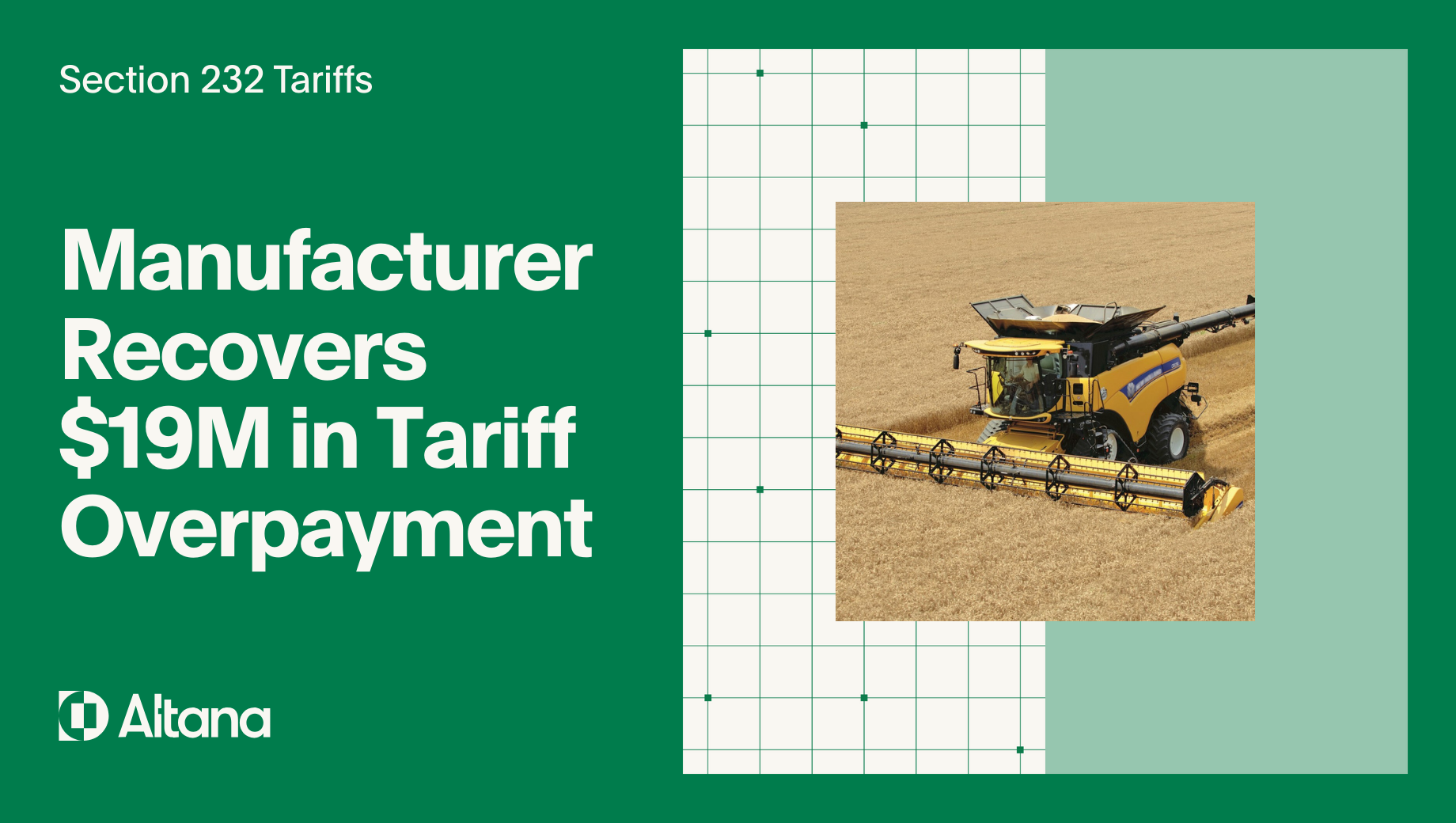New UK and EU sanctions now ban the import of Russian-origin steel, even when that steel is processed in third countries. These new measures go beyond supplier due diligence by requiring firms to understand their multi-tier supply chains at a level of granularity, breadth, and precision far beyond what traditional mapping approaches can provide. The Altana Atlas can illuminate these connections, helping firms surface previously invisible connections in their extended supply chain to restricted parties and to prohibited goods, such as Russian steel.
The new restrictions join an array of other global legislation requiring firms to adopt multi-tier supply chain visibility in order to prove compliance. With legislation like the US’ Uyghur Forced Labor Prevention Act (UFLPA), and the EU’s Corporate Sustainability Due Diligence Directive (CSDDD) and Deforestation Regulation either in effect or soon to be enacted, firms increasingly need to build multi-tier supply chain visibility directly into their operations.
Download this case study to learn about how the Atlas’ map of the global supply chain can enable more effective compliance with multi-tier supply chain legislation, such as the new UK and EU sanctions measures.


